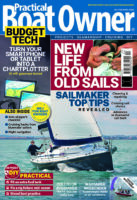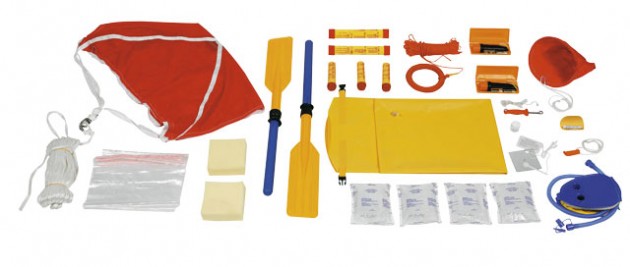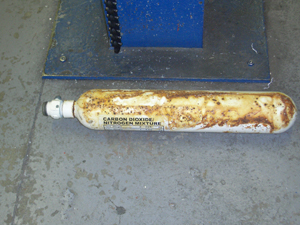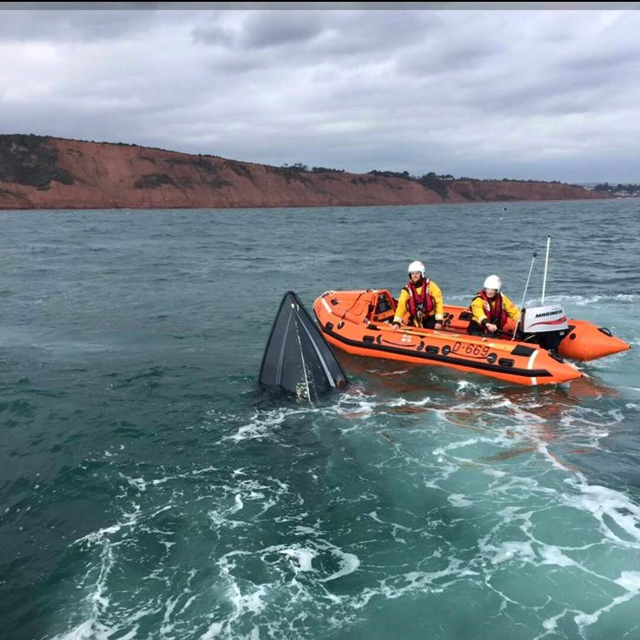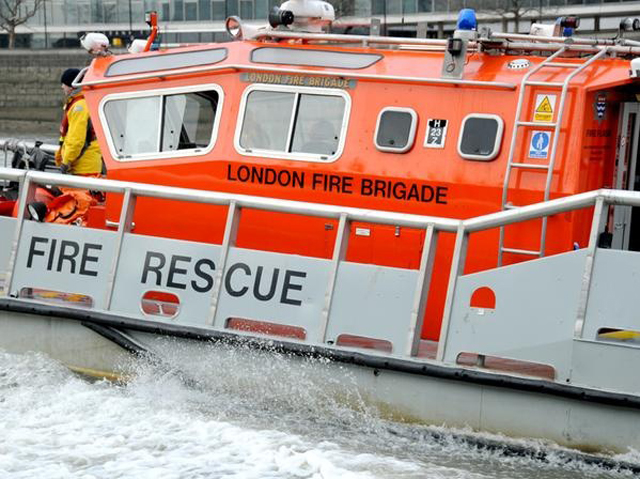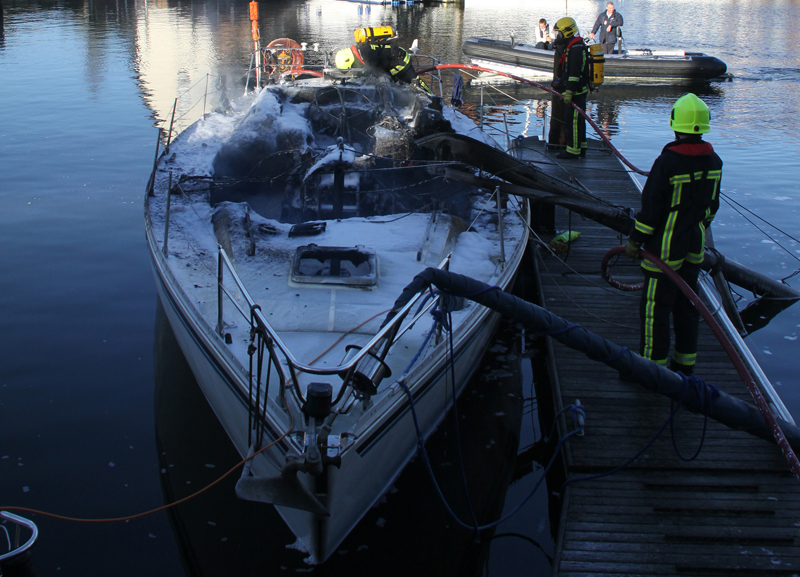The Medicines and Healthcare products Regulatory Agency (MHRA) and the Maritime & Coastguard Agency (MCA) are jointly issuing a warning that imported liferafts may contain unlicensed imported medicines, as well as medical devices that do not carry a CE Mark.
Suppliers of inflatable liferafts in the UK are asked to check the origin of their liferafts immediately to establish if any of the contents of the medical kit inside is compliant with UK medicines legislation.
This is because medical kits containing unauthorised imported medicines and medical devices may have been supplied inside inflatable liferafts to ships, fishing vessels, small commercial vessels and pleasure boats. MCA has issued a safety bulletin on this issue.

Contents of a non-compliant medical kit found by MHRA inspectors
Suppliers of imported liferafts are asked to open at least one liferaft from each non-UK liferaft supplier they deal with and check that the medical kit only contains medicine and medical devices authorised for use in the UK.
This follows an MHRA inspection which found that some UK liferaft service stations, manufacturers and distributors of liferafts had been importing and supplying inflatable liferafts with medical kits that contain medicines and medical devices which originated from China and are not authorised for use in the UK. If the kit contains unauthorised medicines or medical devices it should be disposed of by an approved pharmaceutical waste contractor.
Seasickness pills (which are stored within the liferaft but separate to the medical kit, and in the case of pleasure vessels can be supplied in isolation) must be authorised for supply in the UK and handled in accordance with UK medicines legislative requirements.
Members of the public should note that these medicines are only likely to be made available and consumed in the rare event of a liferaft being deployed in an emergency.
Owners of liferafts who have any doubt as to the compliance of the medical kits within their liferafts should contact the liferaft supplier or service station who serviced, sold or rented the liferaft to them for advice.
Gerald Heddell, MHRA director of inspection, enforcement and standards said: ‘It is important that the medical kits contained in these liferafts only contain medicines and medical devices authorised for use in the UK. Whilst they are only likely to be taken in the rare event of a liferaft being deployed in an emergency it is important they are of the right quality and standards.
‘If the kit does not contain authorised medicines or medical devices they should be returned to the supplier for disposal at an approved pharmaceutical waste disposal site.
‘Anyone who has used medicines or medical devices originating from a medical kit on an inflatable liferaft and who is concerned should contact their healthcare professional for advice.’
Emergency liferaft did not inflate when fishermen abandoned boat
A fisherman who survived the sinking of a fishing boat has told how the crew’s liferaft did not inflate when…
How long can you survive in a liferaft?
As the deadline for the Cheeki Rafiki search looms, we look at cases of survival in liferafts
Know your liferaft!
Next time your liferaft is being serviced, arrange with the service agent to see it inflated. Take a camera, so…
Check your liferaft’s repair kit
Contents vary hugely - but which is the best method of repair?
Liferafts on test
Watch a range of lifejackets being tested in the RNLI's lifeboat college pool.
Video – PBO liferaft test
Prices of liferafts range from £500 to more than £2,000. Will the cheap ones costing under £560 suit your type…
RYA to help draw up liferaft servicing standards
In the wake of MAIB report into failed liferaft launch, new involvement for RYA in setting industry standards
Should you buy a cheap liferaft?
Watch videos of PBO's liferaft tests.
Warning after men ‘set sail’ in a fridge freezer
The Maritime and Coastguard Agency have issued a warning after three men attempted to use a fridge freezer as a…
Warning after spike in outboard engine thefts
Boat owners are being urged to stay vigilant following a ‘spike in thefts’ of large outboard engines.
Lifejacket warning after powerboat sinks
Four people were rescued from the water after their 18ft speedboat sank off the Exmouth coast.
Fan heater warning after boat fire
Boat owners are being warned not to leave fan heaters on when they are away from their vessels, following a…
Warning not to use out-of-date flares for festivities
"We don't want to spoil the fun but sometimes people are tempted to use up their out-of-date flares on Bonfire…
Coastguard warning not to use toy boats out at sea
The Irish Coast Guard advises seafarers not to use inflatables bought from supermarkets
Warning to boat owners following spate of fires
Pay attention to electrical items and the use of liquids and gas, say Hampshire Fire and Rescue Service

